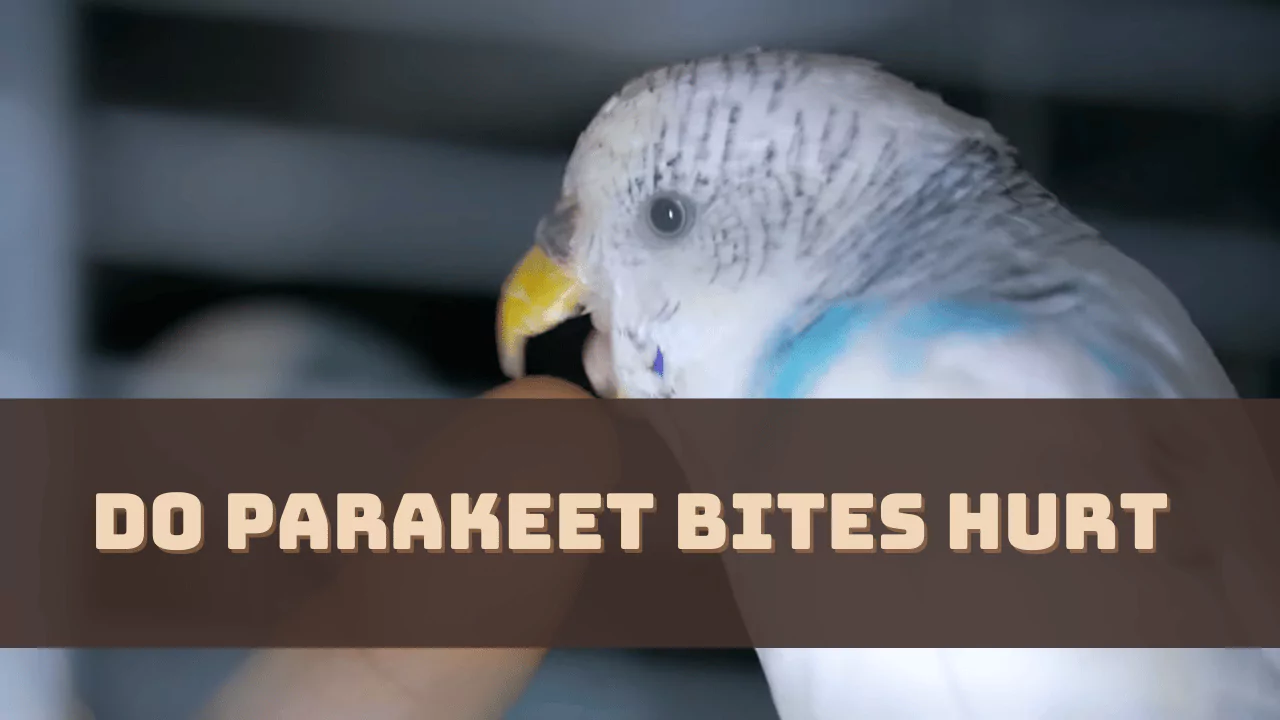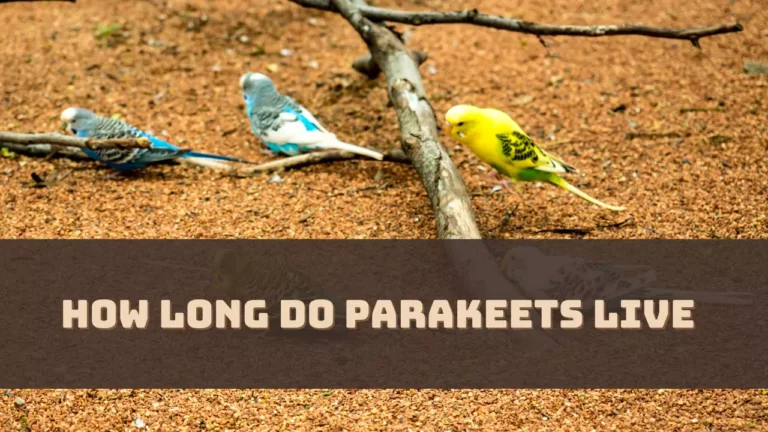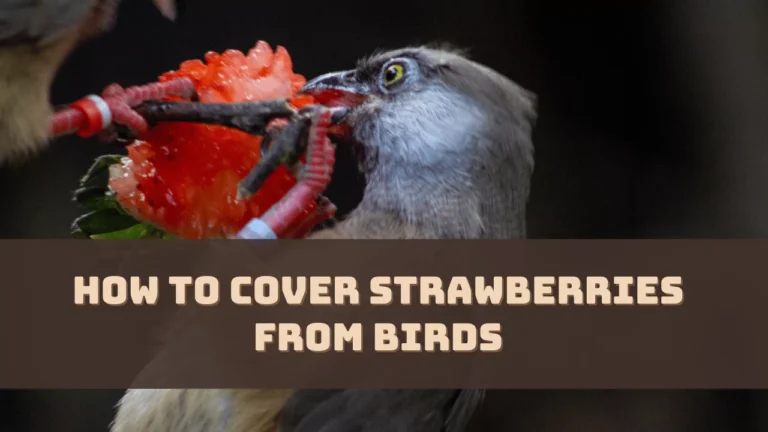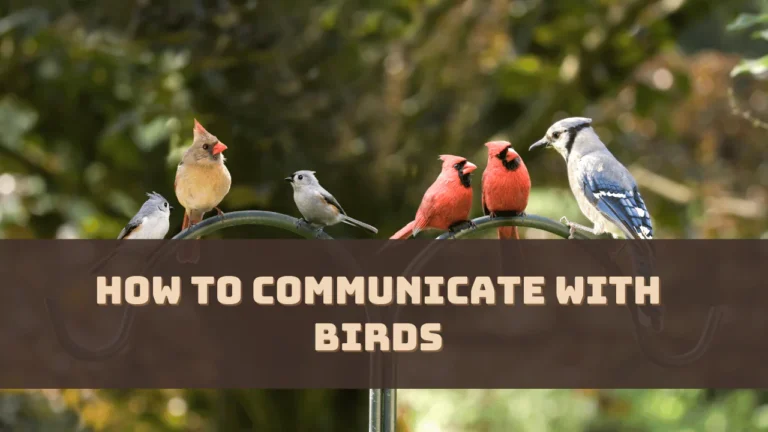Yes, Parakeets do bite and it is quite painful, as it is their instinct or reaction to threats. Parakeets can bite to protect themselves and their territory if any unknown person intervenes.
Usually, parakeets are gentle, but their temper is quite fluctuating, at one moment they can be happy and at the other, they can show some form of aggressive outbursts. So, let’s get to know how you can handle your feathered friend and prevent them from biting.
Does it Hurt When Parakeets Bite?
Yes, it hurts when a parakeet bites, and it can be of utter surprise for new owners. It causes a sharp pain as they use their strong beaks which are meant to crack open nuts. A parakeet bite can feel like a peck or nip or can also leave you with a stinging sensation. However, the level of pain varies based on the strength of the bird and the location of the bite.
Fingers or hands are quite sensitive areas and if a parakeet bites these areas, then it can cause severe pain. If they bite on the leg or arm, the pain might seem a little less as these areas have thick skin. However, you must not overlook the fact that some parakeets can have stronger beaks due to genetics or due to having hard food in their diet, such as nuts. So, precautions must be taken so that the bird stops biting.
Why Does a Parakeet Bite?
Parakeets are usually playful creatures and also quite affectionate; however, they can become prone to biting out of fear or as part of their communication. They can also become protective about their territory or get intimidated by any new person or object near them. Basically, bite is their defense mechanism and they try to protect themselves by using their beak.
Also, if you have brought home a new feathered friend and it didn’t get enough time to settle, then it can get aggressive and bite. Also, if the parakeet feels left out, lonely, caged 24×7, or unable to stretch its wings, then it can get agitated.
How to Stop Parakeets from Biting?
The first step to stopping a parakeet from biting is to address the behavior, you need to understand why the parakeet is biting. Next, here are the strategies that you can implement
Train the Bird
The best way to stop the parakeet from biting is to train the bird and build trust. You can teach the bird to step on your finger and this would reduce their biting tendency. Slowly bring your finger near their feet without intimating them, then encourage them to step on it. You can use a treat or gentle coaxing and try to repeat it several times so that the bird can become comfortable, and with just a command step on your finger.
Avoid Sudden Motion
when you are around the parakeet try to move slowly, even when you are moving any object, so that the parakeet doesn’t get startled otherwise the biting behavior would get triggered. If you are moving the parakeets slowly pick them up and respectively place them.
Try Positive Reinforcement
If you want to encourage good behavior in your parakeet, then try positive reinforcement. You can reward the bird with treats when they do not bite so that good behaviors are encouraged and the negative ones get sublimated with time.
Provide Toys for Entertainment
If the parakeet gets bored inside the cage, then it can develop the tendency to bite, so keep them occupied. Provide the parakeets with toys, and this would keep them mentally stimulated. Give them a different variety of toys, such as chewing, puzzles, or the ones that dispense treats to keep them busy.
Keep the Parakeet Calm
Parakeets also get aggressive during the breeding season due to hormonal changes, so you need to schedule a consistent sleeping and eating cycle to regulate the hormones, keeping the parakeet calm and preventing random bites.
Break the Cycle
Whenever the parakeet bites your finger, try to break the cycle, by not giving the bird any attention for a few minutes. This would help them to understand that biting is not an acceptable behavior. However, you must be consistent with your reaction. Whenever the parakeet does any negative behavior, you must avoid rewarding and stop approaching the bird.
Provide them with a Safe Place
Schedule time for exercise, sleeping, and eating so the aggression can be controlled. Provide the parakeets a safe space so that their stress level can be reduced and always try to build a harmonious and enjoyable relationship with the bird
What Type of Injury Can a Parakeet Bite Cause?
A parakeet bite can lead to skin breaks or puncture wounds, where these wounds appear to be tiny and shallow marks, and depending on the force and duration of the bite, the intensity of the injury is caused. Bites can also trigger allergic reactions which occur when the immune system reacts to the presence of any external substance in the skin or blood and here it is the parakeet’s saliva. Lastly, if the parakeet is carrying bacteria in their mouth, then the wound can become a major infection.
Can Parakeet Bite Cause Infection?
Yes, parakeet bites can cause infection, as they have a strong beak and one bite can tear the skin making you bleed profusely. Birds usually carry bacteria in their beak and claws, so it can easily get transmitted to humans through the cut. The most infectious ones are salmonella and E.coli which can be transmitted to humans with even a scratch. Also, avian influenza, or any other virus, can get transmitted to humans through the bird’s saliva.
How to Prevent Infection due to Parakeet Bite?
Whenever there is a parakeet bite case, you must immediately clean and disinfect the area to prevent infection. As a means of safety aid, wash the area for 20 seconds, apply an antiseptic solution, such as iodine, or rub the wound with alcohol. Cover the wound with a bandage and the dressing should be done properly. Complications that can arise from localized infection or – sepsis, meningitis, nerve damage, and scarring.
Thus, if the wound gets reddish, swollen, or painful, you must start your dose of antibiotics. Other symptoms that require immediate medical attention are pus formation or discharge from the wound, feeling a warm sensation around the wound, developing fever, and sudden increase in pain. If the pain after the bite is manageable, then apply a cold compress or take over-the-counter pain relievers to get comfort for the time being.
Tips to Reduce the Chances of Infection from Parakeets
- When you are handling the parakeet cage, wash your hands thoroughly and also use a mild disinfectant.
- Never touch your face or mouth after you have touched the parakeet.
- If possible, always try to wear gloves whenever you are handling the parakeet.
- Keep the cage clean and disinfected regularly.
- Never allow any children to come near the cage or play with the bird without adult supervision.
Can Parakeets Get Jealous and Bite?
Yes, birds can get jealous and also territorial and this can result in biting. With the right strategies, you can control the biting tendency and also ease the tension of jealousy.




